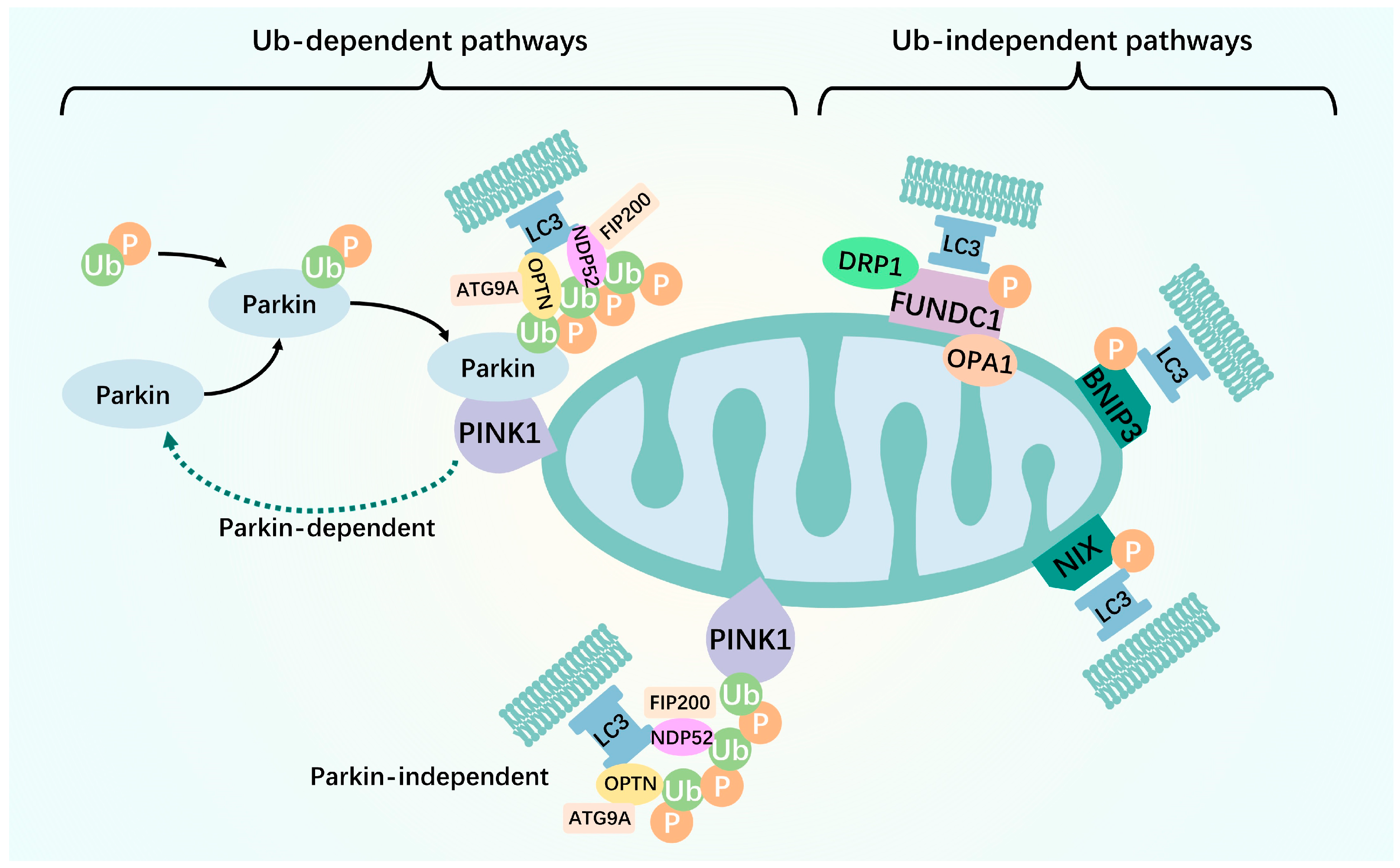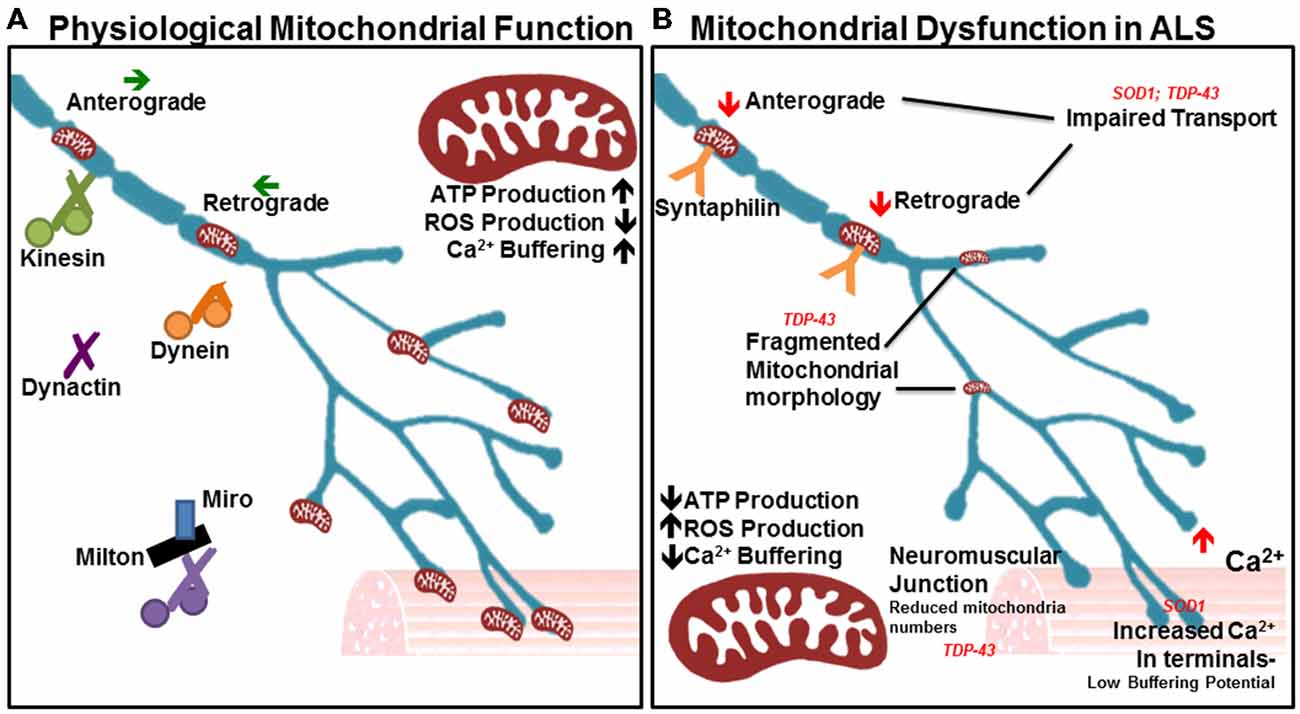Mitochondrial Autophagy Analysis Service
- Mitochondrial ATP Content Measurement
- Mitochondrial Membrane Potential Analysis
- Mitochondrial ROS Analysis
- Mitochondrial Calcium Ion Detection
- Disease Mechanism Research: Uncover the role of mitochondrial autophagy in neurodegenerative diseases (such as Parkinson, Alzheimer), cardiovascular diseases, cancer, etc., and reveal its role in the pathological processes.
- Drug Screening and Mechanism of Action: Evaluate the regulatory effects of candidate drugs on mitochondrial autophagy, identify potential drug molecules, and provide experimental support for new drug development.
- Cellular Stress Response: Investigate the impact of oxidative stress, nutrient deprivation, or drug treatments on mitochondrial autophagy, revealing the molecular basis of cellular stress adaptation.
- Gene Function Research: Analyze the regulatory effects of specific genes or mutations on the mitochondrial autophagy process.
Mitochondrial Autophagy Analysis Service is used to study and evaluate the process of mitochondrial autophagy. It aims to reveal how cells selectively remove damaged or dysfunctional mitochondria to maintain cellular homeostasis and functional stability. This service provides researchers with an accurate and efficient way to explore and interpret the mechanisms of mitochondrial autophagy, helping to uncover its key role in cellular health and disease.
Mitochondrial autophagy (mitophagy) is an essential mitochondrial quality control process in cells. It involves the selective recognition and degradation of damaged or dysfunctional mitochondria to ensure the quality control of mitochondria within the cell. As the cell's energy-producing factory, the integrity of mitochondrial function is crucial for cell survival and health. Under normal cellular function, mitochondria continuously remove damaged or aging mitochondria through the autophagy process to maintain stable cellular energy metabolism. When the mitochondrial autophagy mechanism is disrupted, it can lead to mitochondrial dysfunction, further triggering a range of diseases, such as neurodegenerative diseases, cardiovascular diseases, metabolic syndrome, and cancer. Therefore, studying mitochondrial autophagy not only helps to understand how cells maintain the balance of their energy metabolism but also provides potential molecular targets for the early diagnosis and treatment of related diseases.

Lin J. et al. Biomolecules. 2024.
Figure 1. Two pathways of mitochondrial autophagy.
Services at MtoZ Biolabs
MtoZ Biolabs offers a professional Mitochondrial Autophagy Analysis Service aimed at helping researchers explore the mitochondrial autophagy process in depth and understand its crucial role in cellular health, metabolism, and diseases. By combining advanced experimental platforms and technologies (such as Western blotting, flow cytometry, transmission electron microscopy, and more), we provide a range of targeted analytical services, including mitochondrial autophagy marker detection, mitochondrial function assessment, and mitochondrial morphology observation, among others.
Mitochondrial Autophagy Marker Detection
Using methods such as Western blotting and immunofluorescence staining, we detect key proteins associated with mitochondrial autophagy (such as LC3B, p62, PINK1, Parkin, etc.) to assess autophagy activity and progression.
Mitochondrial Morphology Observation
Utilizing transmission electron microscopy (TEM), we observe morphological changes in mitochondria to understand their dynamic processes and autophagic behavior within the cell.
Mitochondrial Function Analysis
In addition to the above services, MtoZ Biolabs also offers customizable Mitochondrial Autophagy Analysis Services to help clients gain a comprehensive understanding of the role of mitochondrial autophagy in cellular physiology and disease, driving the advancement of both scientific research and clinical applications.
Service Advantages
1. Advanced Analysis Platform: MtoZ Biolabs established an advanced Mitochondrial Autophagy Analysis Service platform, guaranteeing reliable, fast, and highly accurate analysis service.
2. One-Time-Charge: Our pricing is transparent, no hidden fees or additional costs.
3. Customized Experimental Design: We provide personalized experimental design and technical solutions based on specific research needs, ensuring the relevance and efficiency of the experiments.
4. Data Analysis and Biological Interpretation: Leveraging a powerful data analysis platform, we offer detailed result analysis and biological significance interpretation to support research progress.

Edens BM. et al. Front Cell Neurosci. 2016.
Figure 2. Many aspects of mitochondrial function are impaired in amyotrophic lateral sclerosis (ALS).
Applications
Applications of Mitochondrial Autophagy Analysis Service:
Related Services
Mitochondrial Phenotype Analysis Service
How to order?







